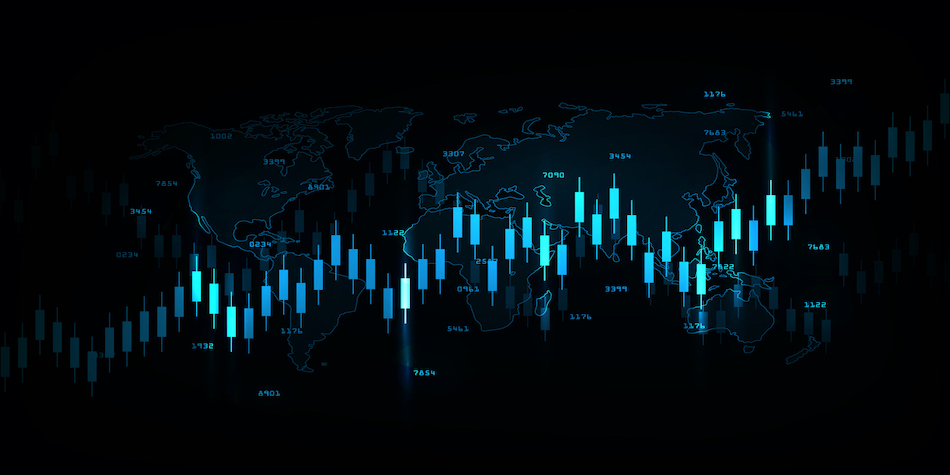What do you think of when someone tells you they’re an economist? Is it all spreadsheets and complicated maths equations? The truth is so much broader than you might expect.
While econometricians, like those working for the big banks, make up one facet of the world of economics, there’s a whole world out there for economics graduates, says Deakin graduate Ranya Shahwan, Executive Director at WorkSafe.
Rayna’s original interest in economics came from wanting to work in international development.
‘I think most people who start out studying economics actually have these grand ambitions or motivations to try to help people,’ she says. ‘They might want to get involved in development economics or go overseas and work in microfinance in developing countries. Economics sets you up for that.’
Don’t buy into the stereotypes
Ranya says it’s important not to buy into the stereotypes of what we might think economists do.
‘There is the assumption that to be an economist you have to love working on excel spreadsheets all day,’ she says.
‘Economics can take you to a number of places. You can combine it with international relations, politics, law…You can merge it with a whole range of fields and it will set you up so well for your career.’
Ranya completed a double degree in Arts and Commerce at Deakin, and completed her honours before being offered a graduate role with the Victorian Department of Treasury and Finance.
‘I used what I had studied in my thesis to demonstrate that I understood really complex issues,’ she says.
‘My thesis helped me to show that I know how to dissect those issues and make them easy to understand, so that was my value proposition when I went for jobs.’
A career evolving over time
Ranya’s career evolved over time, and she says her ability to think like an economist when problem-solving has served her well.
‘I started out in specific economics, then more general economics, and now I’m not working in economics but in more general policy but I still apply it and those skills are definitely valued,’ she says.
Fellow Deakin graduate Emily Jackson is a Principal Advisor for NBN. She says her interest in economics came by accident when she dropped a subject at school and replaced it with economics.
‘It was so relevant to everything that was happening in the world around me,’ she says. ‘I also found that it was really interesting how economics could be applied to so many different questions and problems.’
Emily also studied a double degree in Arts and Commerce, along with honours, and following that she undertook a graduate position with the Australian Competition and Consumer Commission.
Her application of economics in her current role works in conceptual economics, which she says she prefers.
‘On a day-to-day basis, I’m constantly thinking about how what we’re doing impacting the decisions that retailers are making and how it’s impacting the decisions that consumers are making,’ she says.
‘One of the interesting parts of my role is that there’s not necessarily one right answer. There’s always so many ways you can do things…You’re constantly balancing economic factors with social objectives, political objectives, and so many other different things. That’s what makes it a really interesting role.’
Be open to all opportunities
Emily’s advice to those considering economics is to not be put off by the maths element in the first and second year studies.
‘If maths is not your strong point, stick with it because most economists are not working as econometricians and looking at spreadsheets all day,’ she says.
‘They don’t necessarily have ‘economist’ in their title either.’
She also encourages students and early graduates to be open to opportunities that they might not expect.
‘It’s easy to be put off because your career path may not be clear, but there are economists in every field and in a lot of roles within those sectors that you might not think of,’ she says.
Ranya agrees that being open is important.
‘I’ve done so many things that I didn’t think that I would have enjoyed,’ she says.
‘Go into your studies and career open-minded and take the opportunities that come your way. Don’t think you have to follow a particular path – you can go anywhere, really.
‘Economics is probably one of the best ways to start your career, and people always value an economics background on a resume.’
Interested in a career in economics? Discover our economics courses.

